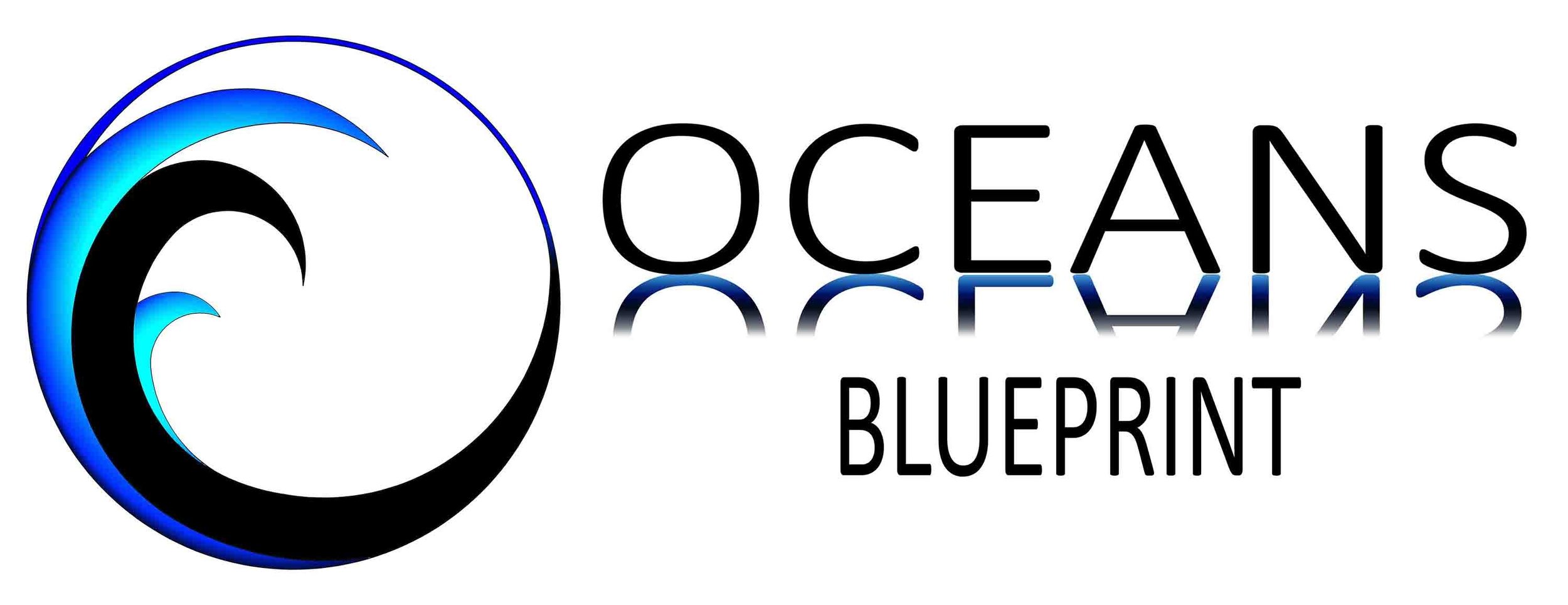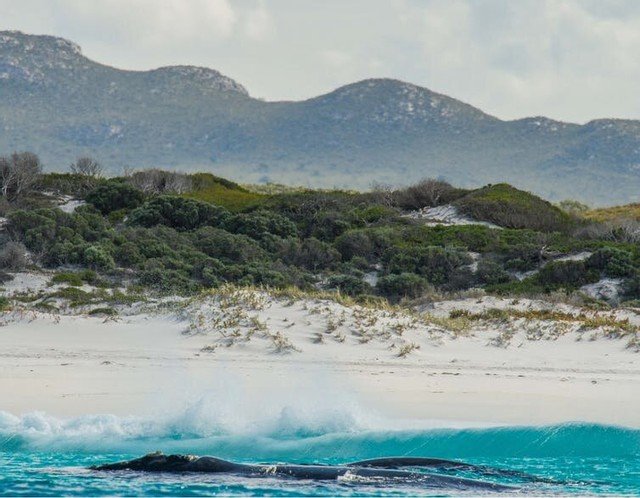
Southern Right Whales in South-Western Australia
Southern right whales were considered the ‘right whale’ to hunt during 19th and 20th century whaling. As a result of severely depleted populations in the early 1900’s, their capture was banned. Despite progress in recovery, the southern right whale population size is still considered well below its historic size with habitat occupancy constrained compared to previous occupancy patterns (IWC 2009). Through a range of collaborative projects, we are tracking their status to ensure they continue to recover.
Southern Right Whales - Image taken by Chandra Salgado Kent
A photo-identification study of Southern Right Whales to update aggregation area classification in south-western Australia
In collaboration with the Centre for Marine Ecosystems Research at Edith Cowan University, the Southwest Whale Ecology Study (SouWEST) has compiled a 30-year library of southern right whale photos from Geographe and Flinders Bays (WA) that identified individual whales and tracked their histories.
As a result of this work, a recommendation has been made that Georgaphe Bay be recognised by the Commonwealth Government as a “Biologically Important Area” for Endangered Southern Right Whales that use the area to reproduce, rest and migrate. This is important information for the draft National Recovery Plan for the Southern Right Whale, which is available for public comment until 21 April 2023 here:
The final report for this study, authored by Chandra Salgado Kent, Chris Burton, Marine Giroud and Brodie Elsdon, can be accessed here.
This work was funded by the National Environmental Science Program (NESP) as part of the Marine and Coastal Hub (https://www.nespmarinecoastal.edu.au/), and conducted by SouWEST partners (Western Whale Research, Eco Gecko Environment and Design) and Edith Cowan University, and contributed by Curtin Uni as well as Naturalise Charters, and SouWEST’s amazing volunteers. A huge thank you to all contributors, citizen scientists, and funders who helped make this project a reality.

